From the process of awareness of “globalization” and “international integration”…
Before the 9th Congress in 2001, the Party's documents only mentioned "internationalization", not "globalization". Since the 9th Congress of the Party, Vietnam has mentioned "economic globalization". At that time, the Political Report of the 9th Congress stated: "Economic globalization is an objective trend, attracting more and more countries to participate; this trend is being dominated by a number of developed countries and transnational capitalist economic groups, containing many contradictions, both positive and negative aspects, both cooperation and struggle" (1) . Through the two terms of the 9th and 10th Congresses of the Party, Vietnam emphasized "economic globalization". By the 11th Congress of the Party (2011), Vietnam shifted from the perception of "economic globalization" to the perception of "globalization". The political report of the 11th National Congress stated: “Globalization and the scientific and technological revolution are developing strongly, promoting the formation of an information society and a knowledge-based economy” (2) . The 12th National Congress of the Party (2016) continued to affirm: “Globalization, international integration, the scientific and technological revolution, and the knowledge-based economy continue to be promoted” (3) . The political report of the 13th National Congress of the Party (2021) emphasized: “ Globalization and international integration continue to progress but are facing the rise of nationalism... ” (4) .
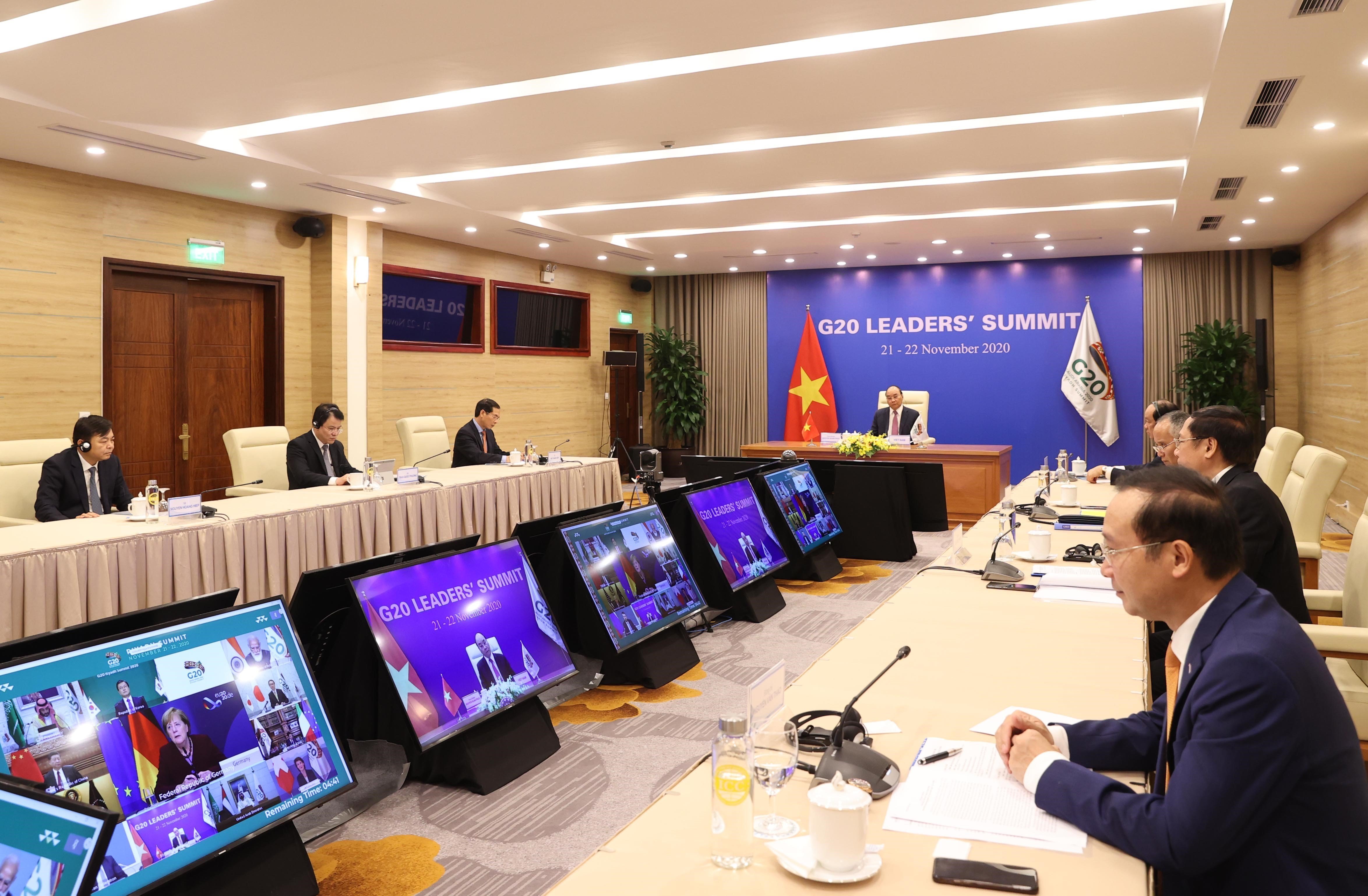
Along with the awareness of globalization, Vietnam has gradually integrated into the international community. The 9th Party Congress proposed the policy: " Proactively integrate into the international and regional economy in the spirit of maximizing internal strength, enhancing the effectiveness of international cooperation, ensuring independence, autonomy and socialist orientation, protecting national interests, national security, preserving national cultural identity, and protecting the environment" (5) . The 10th Party Congress (2006) took a further step in the awareness and action of international integration; proposed the policy: "Proactively and actively integrate into the international economy, while expanding international cooperation in other fields. Vietnam is a friend and reliable partner of countries in the international community, actively participating in the process of international and regional cooperation" (6) . At the 11th Party Congress, Vietnam emphasized international integration: "Consistently implementing a foreign policy of independence, self-reliance, peace, cooperation and development; multilateralizing and diversifying relations, proactively and actively integrating internationally; being a friend, reliable partner and responsible member of the international community; for the interests of the nation and people, for a prosperous and strong socialist Vietnam" (7) .
The Platform for National Construction in the Transitional Period to Socialism (supplemented and developed in 2011) identified eight basic directions for the Vietnamese revolution, of which the fifth direction is: “Implementing a foreign policy of independence, self-reliance, peace, friendship, cooperation and development; proactively and actively integrating internationally” (8) . The Platform sets out the requirement: “Consistently implementing a foreign policy of independence, self-reliance, peace, cooperation and development; multilateralizing and diversifying relations; proactively and actively integrating internationally; enhancing the country’s position; for the interests of the nation and people, for a strong and prosperous socialist Vietnam; being a friend, reliable partner and responsible member of the international community, contributing to the cause of peace, national independence, democracy and social progress in the world” (9) . On April 10, 2013, the Politburo (11th tenure) issued Resolution No. 22-NQ/TW “On international integration” . One of the general tasks set forth by the 12th Party Congress is: “Implementing a foreign policy of independence, self-reliance, multilateralization, diversification, proactive and active international integration; maintaining a peaceful and stable environment, creating favorable conditions for the cause of national construction and defense; enhancing Vietnam’s position and prestige in the region and the world” (10) . The 12th Congress proposed the policy: “Improving the effectiveness of international economic integration, fully implementing international commitments, developing and implementing strategies to participate in free trade zones with important economic and trade partners, effectively signing and implementing new-generation free trade agreements in a comprehensive plan with a reasonable roadmap, in line with the country's interests... Promoting international integration in the fields of culture, society, science - technology, education - training and other fields” (11) . The Political Report of the 13th National Party Congress sets out major orientations covering the country's important development issues in the next 10 years, including "continuing to implement the foreign policy of independence, self-reliance, multilateralization, diversification, proactively and actively integrating comprehensively, deeply and effectively into the international community; firmly protecting the Fatherland, maintaining a peaceful and stable environment, and constantly enhancing Vietnam's international position and prestige . Multilateralizing and diversifying international economic relations, avoiding dependence on one market or one partner. Improving the economy's resilience to negative impacts from external fluctuations; proactively perfecting the defense system to protect the domestic economy, enterprises and markets in accordance with international commitments. Implementing many forms of international economic integration with flexible roadmaps, suitable to the country's conditions and goals in each period" (12) .
Thus, since the 9th Party Congress, the Party's viewpoint on "globalization" and "international integration" has become increasingly complete and plays a very important role in formulating guidelines, policies and strategies for national development. The awareness of "internationalization" has developed into the awareness of "economic globalization" and then to the awareness of "globalization". Based on the practice of "globalization", our Party and State have put forward the policy of "proactively integrating into the international and regional economy", "proactively and actively integrating into the international economy, while expanding international cooperation in other fields" and today is the policy of "proactively and actively integrating into the international economy", "improving the effectiveness of international economic integration", "promoting international integration in the fields of culture, society, science - technology, education - training and other fields".
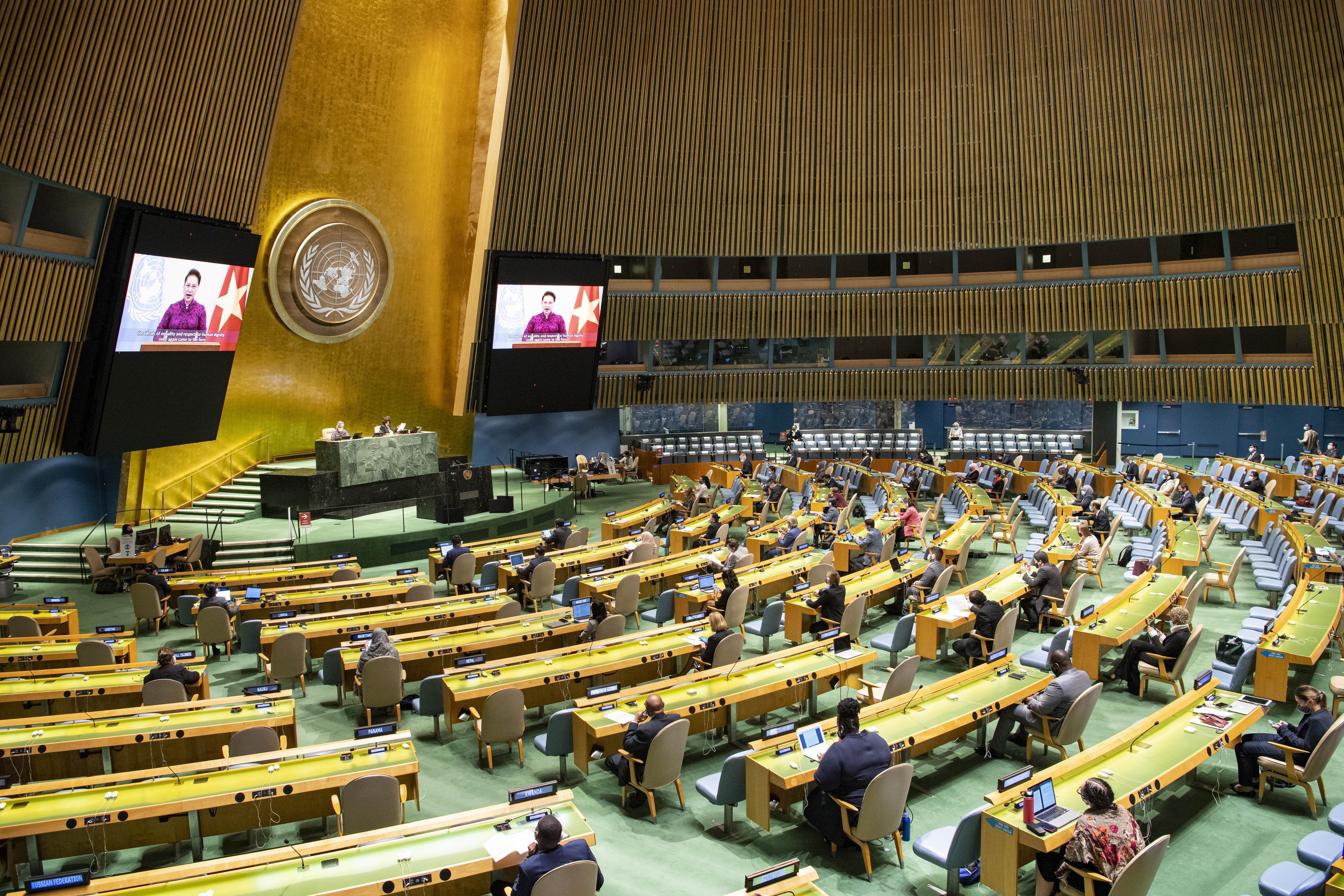
…to the new context of today's "globalization"
In recent years, in Vietnam, as well as in the world, there have been opinions that “globalization” is slowing down; some even mention “de-globalization”. This stream of opinion emphasizes the increasing trend of protectionist activities in many countries around the world, the US-China trade war and trade disputes between major economic centers of the world, the US threatening to withdraw and has withdrawn from several international institutions... Therefore, the question now is whether globalization is slowing down? Answering this question is one of the fundamental bases for the 13th National Party Congress to plan the country's development direction in the coming years.
In essence, “globalization” is the process of forming “the global”, distinguishing it from “the region” (only related to certain geo-economic-political regions in the world), “the faction, the bloc” (only related to the groups of forces in the world), “the nation-nation” (only related to each country). Today’s human society, with the world economy, world politics and human civilization, shows that globalization has gone very far and deeply; at the same time, affirming that “globalization” is truly an objective, irreversible trend. It is clear that, although there are still many limitations, shortcomings or defects... in all three major systems mentioned above, the internal and self-development needs of human society are the root that determines the globalization trend. It is worth noting that the globalization process does not take place in a linear manner, but has leaps and bounds, associated with revolutions in the productive forces of human society. It can be affirmed that in the coming time, when the Fourth Industrial Revolution (Industrial Revolution 4.0) explodes, there will definitely be a new leap in the globalization process, globalization will not slow down at all.
The increase in protectionist activities in recent years does not mean the division of the world market into national markets or isolated factions or blocs, does not interrupt cross-border investment flows, does not eliminate global problems arising in the process of world economic development, the solution of which requires increased cooperation and joint efforts of the international community. If anything, protectionism only poses new "obstacles" in terms of tariffs and non-tariffs for the circulation of goods, services and investment, which have always existed in the process of globalization. World statistics on trade and investment clearly show that, despite the increase in protectionist activities in recent years, world trade and international investment have increased.
The formation of the “global” in the globalization process entails the emergence of global institutions, such as the United Nations and organizations under the United Nations, the World Trade Organization (WTO), the World Bank (WB), the International Monetary Fund (IMF)... These institutions are not “one-size-fits-all”, their operating mechanisms must always be innovated and updated to suit each stage of development of the “global”. This is an adaptation, ensuring the vitality, enhancing the effectiveness of international institutions, not and even more so cannot prevent the globalization process. The new development step of globalization associated with the explosion of the 4.0 Industrial Revolution inevitably entails innovation, reform, and restructuring of existing global institutions and the possible emergence of new global governance institutions.
Requirements for Vietnam's current international integration process
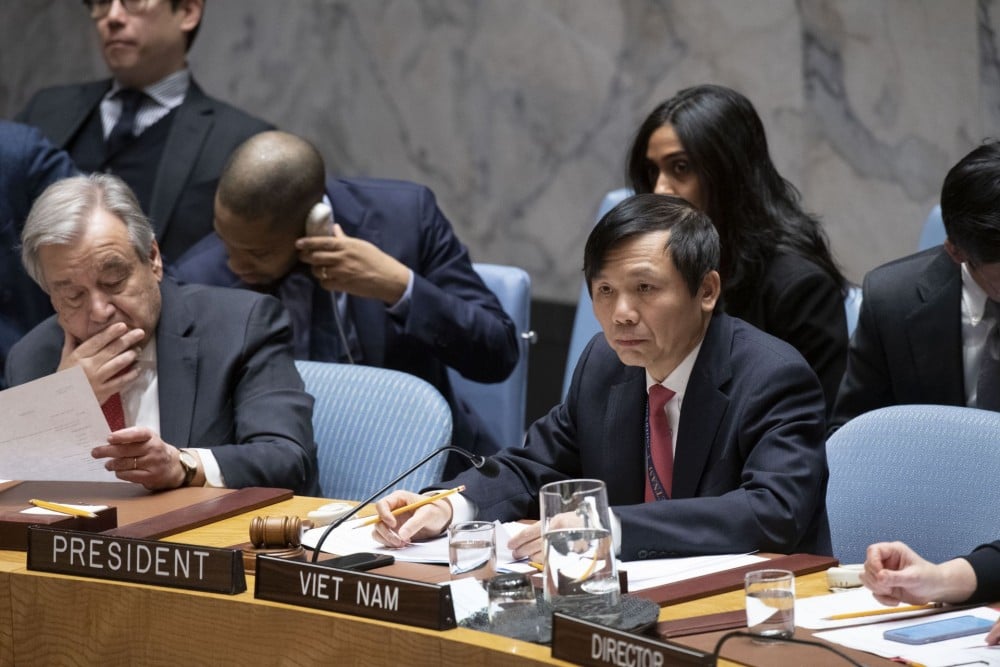
The international integration process of a country (nation) can be understood as participation in the world system and becoming a constituent part of the world as a whole, first of all a constituent part of the "world economy", "world politics" and "human civilization". Participation here is through interactive activities (cooperation, competition and struggle...) with different constituent parts in the "system", including joining or withdrawing from different "subsystems" in the system. All of these activities are purposeful activities, aiming to: 1- Develop the nation; 2- Affirm national identity; 3- Gain a worthy position for the nation in the system; 4- Participate in perfecting and developing the system...
It is necessary to eliminate the simple but quite popular way of thinking in Vietnam today, that "international integration" is a highly developed form of "international cooperation". The problem is that "international cooperation" and "international integration" belong to different conceptual layers. International cooperation is just one of many ways of interacting between countries; besides international cooperation, there is also competition, struggle, alliance, association, confrontation, war... The basic point is that, unlike the concept of "international integration", the concept of "international cooperation" does not refer to the formation of a global system.
To assess the international integration status of a country, it is necessary to take the scope, level of participation and position of that country in all aspects of life of the international community and in world systems as criteria:
In terms of “broad - narrow” , there are three levels of integration: One is narrow integration, when the integrating country only participates in a few areas of international community life; two is relatively broad integration, when the integrating country participates in most areas of international community life; three is broad integration, when the integrating country participates in all areas of international community life.
In terms of “shallow - deep” dimensions , there are also three levels of integration: One is shallow integration, when the integrated country has almost no position or role in the international community; two is relatively deep integration, when the integrated country has a certain position and role in the international community; three is deep integration, when the integrated country has a significant position and role in the international community. In the language of systems theory, deep integration is the case where the integrated country, as a component part of the system, has a significant influence on the formation and development of the “emergent” nature of the entire system; while shallow integration is the case where the integrated country has almost no influence on the formation and development of the “emergent nature” of the entire system.
With the above approach, it can be seen that after two decades of proactive and active international integration since the 9th Party Congress, Vietnam has gradually participated in all areas of international political and social life; becoming a responsible member, with a certain position, role and influence in the international community, both economically, politically, culturally and socially... That means Vietnam is actively integrating into the world as a whole. Therefore, to develop the country in the new context of "globalization" and the new stage of "international integration", it is necessary to pay attention to the following major issues:
Firstly , correctly perceive “globalization” and “international integration” as a basis for planning guidelines, policies, and strategies for national development, combining national strength with the strength of the times. In particular, it is necessary to clearly see the new development steps of globalization in the coming years when the Industrial Revolution 4.0 explodes; from there, calculate tactics and strategies in the process of proactively and actively integrating internationally.
Second , Vietnam is currently participating in all aspects of international political and social life, that is, it has widely integrated into the world, but only at a relatively deep level of integration with certain positions and roles in a number of fields. Vietnam's proactive and active international integration process has made Vietnam a constituent part of the world. At this point, it is necessary to determine that gaining an increasingly significant position and role in the world economy, world politics and human civilization is the main content of Vietnam's proactive and active international integration process.
Economically , we need to strive to gain a foothold in global production and supply chains; prioritize promoting the rapid development of digital economy and Industry 4.0. Opportunities are opening up for Vietnam in the post-COVID-19 pandemic period, which must not be missed. To do so, we need to prioritize developing networks connecting Vietnam with the world, both "hard connections" and "soft connections".
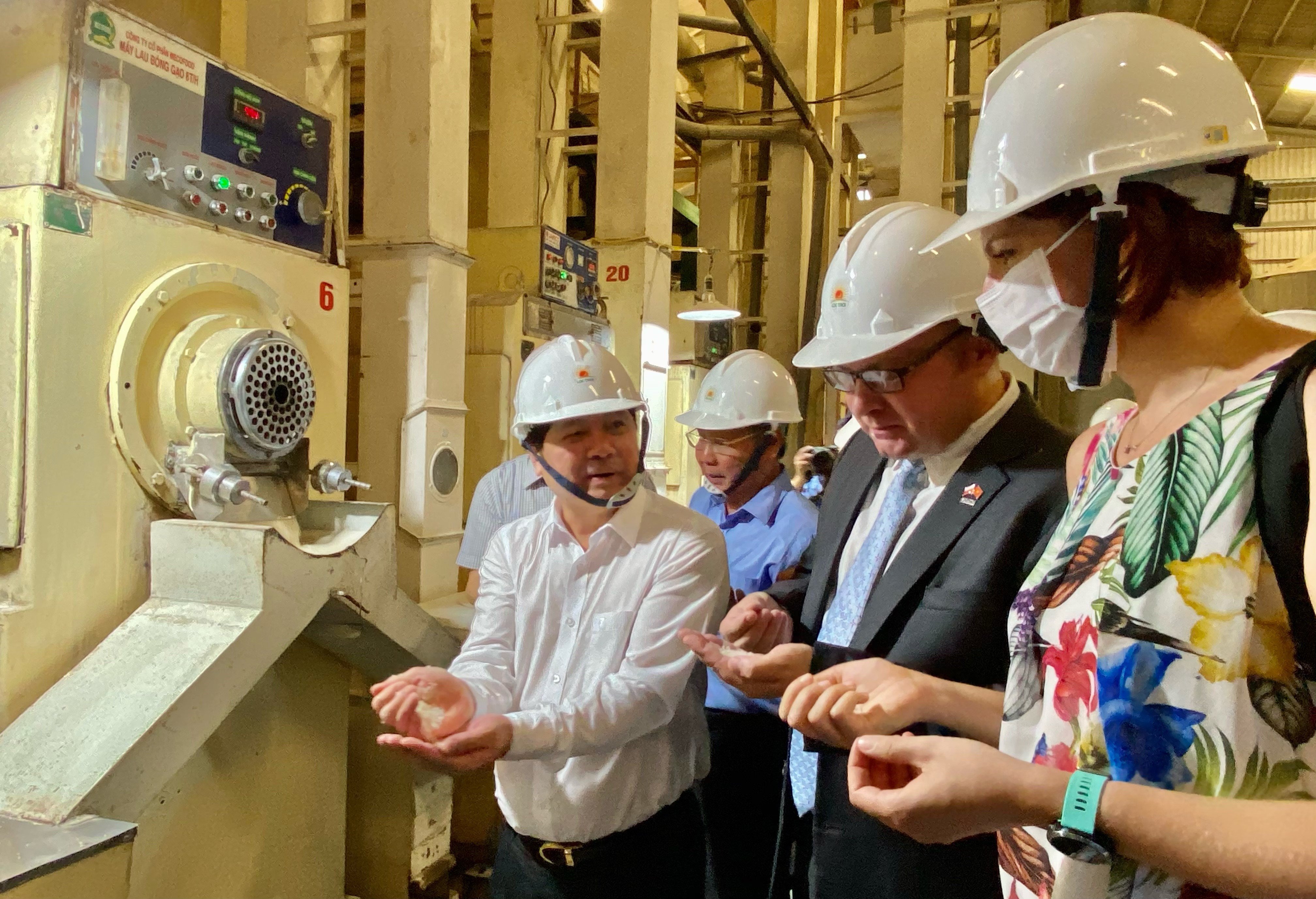
Politically , continue to enhance Vietnam's position in relations with major countries, especially the permanent members of the United Nations Security Council, in ASEAN. Actively participate in handling international and regional issues. Demonstrate Vietnam's role as "a friend, a reliable partner, a responsible member of the international community, contributing to the cause of peace, national independence, democracy and social progress in the world".
In terms of culture and society , it is necessary to promote Vietnamese history, culture and language to the world; preserve and promote the value of natural heritages, geoparks, ecological parks, world cultural heritages, both tangible and intangible; affirm Vietnam's social values and fine traditions, Vietnamese identity; actively participate in creating cultural, artistic, scientific products... with international influence; participate in handling humanitarian issues in the international arena; participate in fighting against uncultural, counter-cultural, anti-human phenomena and activities... It is necessary to pay special attention to multiplying and promoting the country's "soft power" and competing for "soft power" in the international arena. In the context of the 4.0 Industrial Revolution, social media plays an increasingly important role in promoting culture and in "invading" culture, spreading social values and eroding social values, promoting "soft power" and limiting the "soft power" of countries, developing social stability and causing social instability... Social media has become a cultural phenomenon, an information channel, a management tool. In addition to strengthening state management of social media, some countries have proactively used and promoted the role of information channels and management tools of these media. Vietnam needs a new approach to social media, not just considering them as objects of management.
Third , when implementing international integration activities, there are always issues that need to be addressed regarding the relationship between independence, autonomy and proactive, active international integration. For example, in the process of international integration, it is necessary to always adjust and amend the domestic legal system, however, there must be a roadmap and careful steps to both strengthen independence and autonomy and successfully integrate internationally. Or the issue of dealing with the risk of dependence on external markets, economic dependence leading to political dependence...; or the issue of having to deal with cultural invasion, handling the phenomenon of cultural exchange in international integration, the contradictions in building Vietnamese people under the impact of the trend of forming global citizens, the penetration of social values that are not suitable for our country...
Fourth , Vietnam needs to proactively and actively participate in innovation, reform, reform or establishment of global and regional institutions; contribute more to building "rules of the game", considering this an important national interest.
Fifth , in the process of international integration, more and more disputes always arise. In addition to the common international mechanisms, the world also has mechanisms for resolving international disputes of a specific and specialized nature that we do not have much experience with. Therefore, the urgent issue in the integration process is to improve the capacity to prevent, combat, handle and resolve international disputes, associated with training and fostering specialized staff in these fields./.
------------------------
(1), (5) Documents of the Party Congresses in the renovation period (Congresses VI, VII, VIII, IX), National Political Publishing House, Hanoi, 2005, pp. 617, 664
(2) Documents of the 11th National Congress of Delegates , National Political Publishing House, Hanoi, 2011, p.28
(3), (10), (11) Documents of the 12th National Congress of Delegates , Central Office of the Party, Hanoi, 2016, pp. 18, 79, 155-156
(6) Documents of the 10th National Congress of Delegates , National Political Publishing House, Hanoi, 2006, p. 112
(7), (8), (9) Documents of the 11th National Congress of Delegates , op. cit ., pp. 235-236, 72, 83-84
(4), (12) Nguyen Phu Trong: “Report of the 12th Party Central Committee on documents submitted to the 13th Party Congress” , https://www.tapchicongsan.org.vn/web/guest/media-story/-/asset_publisher/V8hhp4dK31Gf/content/bao-cao-cua-ban-chap-hanh-trung-uong-dang-khoa-xii-ve-cac-van-kien-trinh-dai-hoi-xiii-cua-dang)
Source: https://tapchicongsan.org.vn/web/guest/quoc-phong-an-ninh-oi-ngoai1/-/2018/821539/ve-hoi-nhap-quoc-te-va-tham-gia-tien-trinh-toan-cau-hoa-cua-viet-nam.aspx




![[Photo] Relatives of victims of the earthquake in Myanmar were moved and grateful to the rescue team of the Vietnamese Ministry of National Defense.](https://vstatic.vietnam.vn/vietnam/resource/IMAGE/2025/4/2/aa6a37e9b59543dfb0ddc7f44162a7a7)
![[Photo] Close-up of Vietnam's sniffer dog team searching for earthquake victims in Myanmar](https://vstatic.vietnam.vn/vietnam/resource/IMAGE/2025/4/1/d4949a0510ba40af93a15359b5450df2)

![[Photo] Third meeting of the Organizing Subcommittee serving the 14th National Party Congress](https://vstatic.vietnam.vn/vietnam/resource/IMAGE/2025/4/2/3f342a185e714df58aad8c0fc08e4af2)
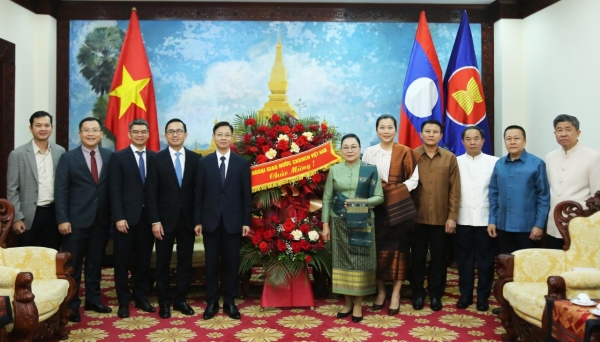
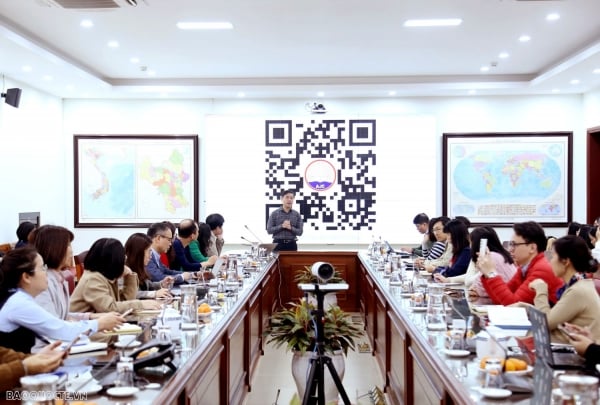
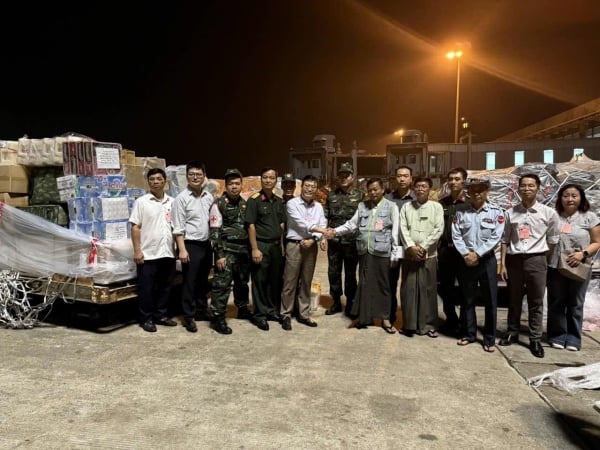
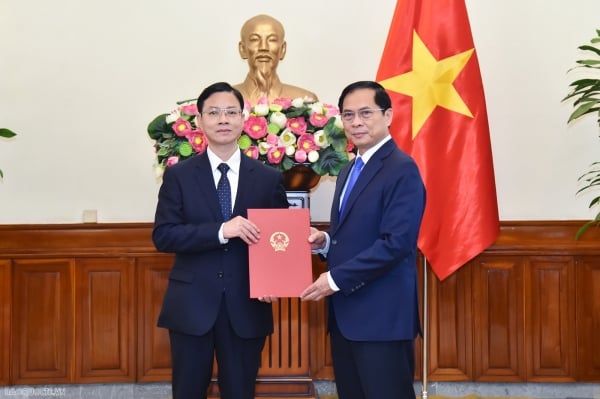
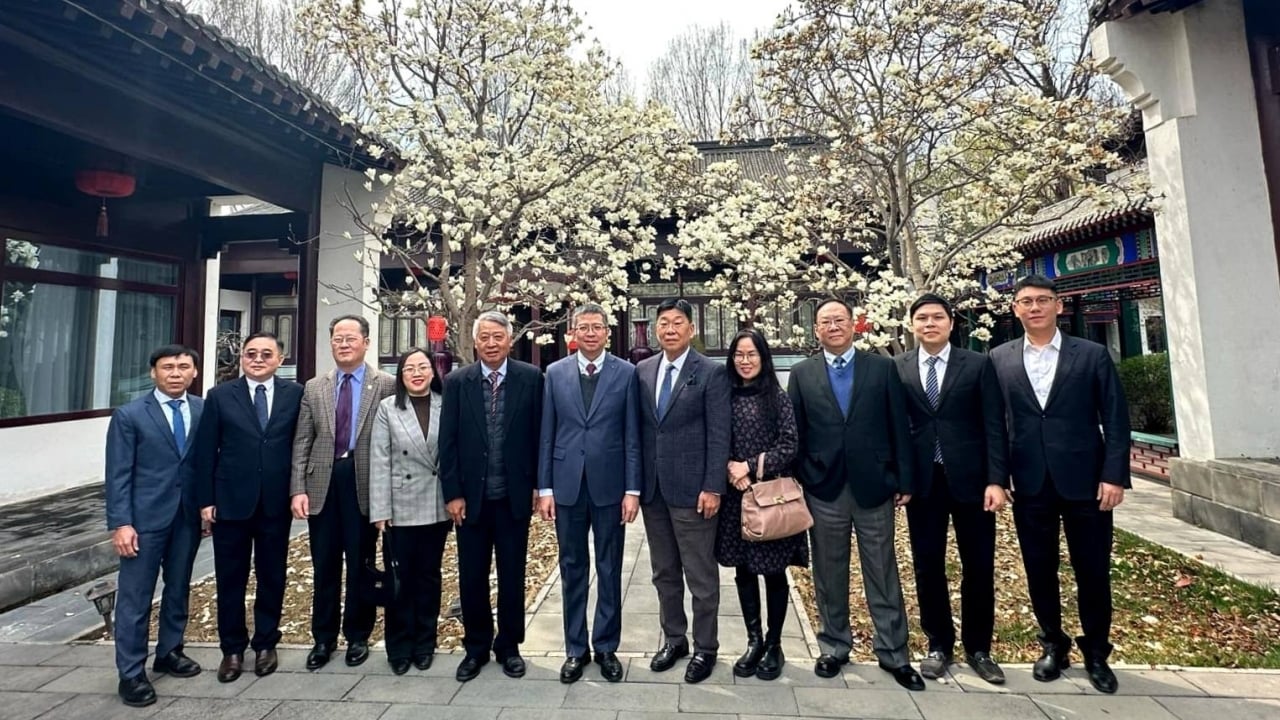
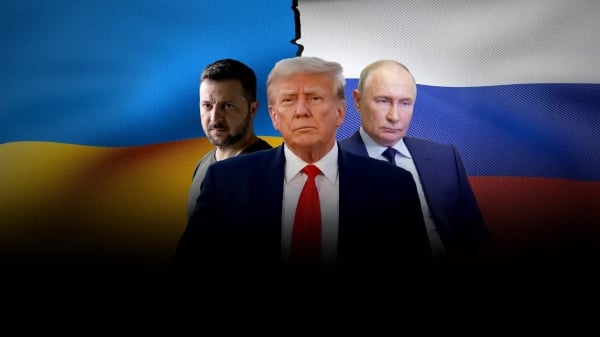




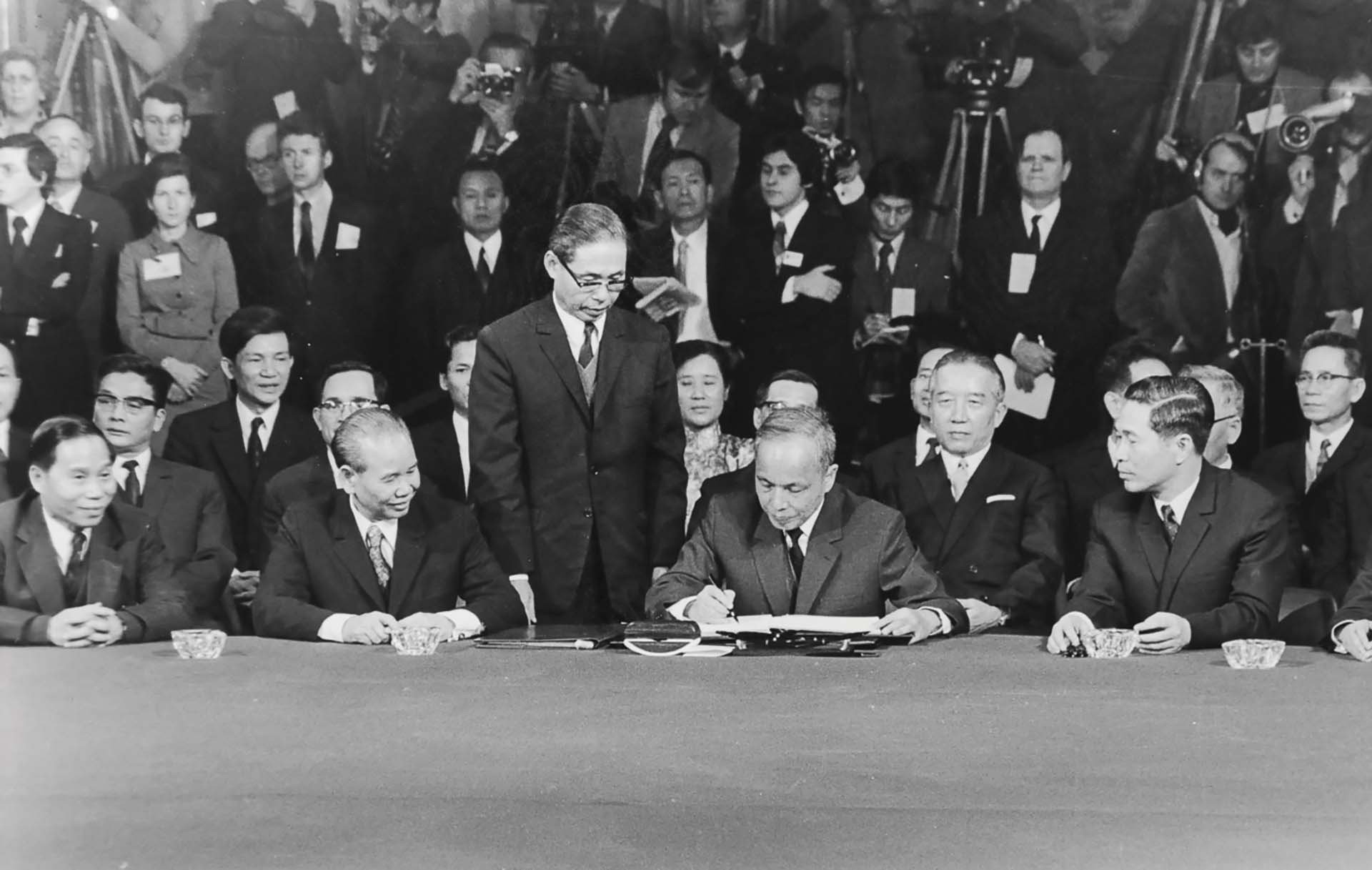

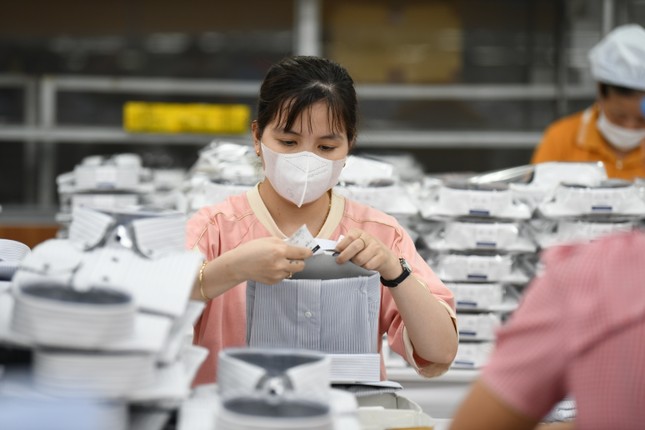
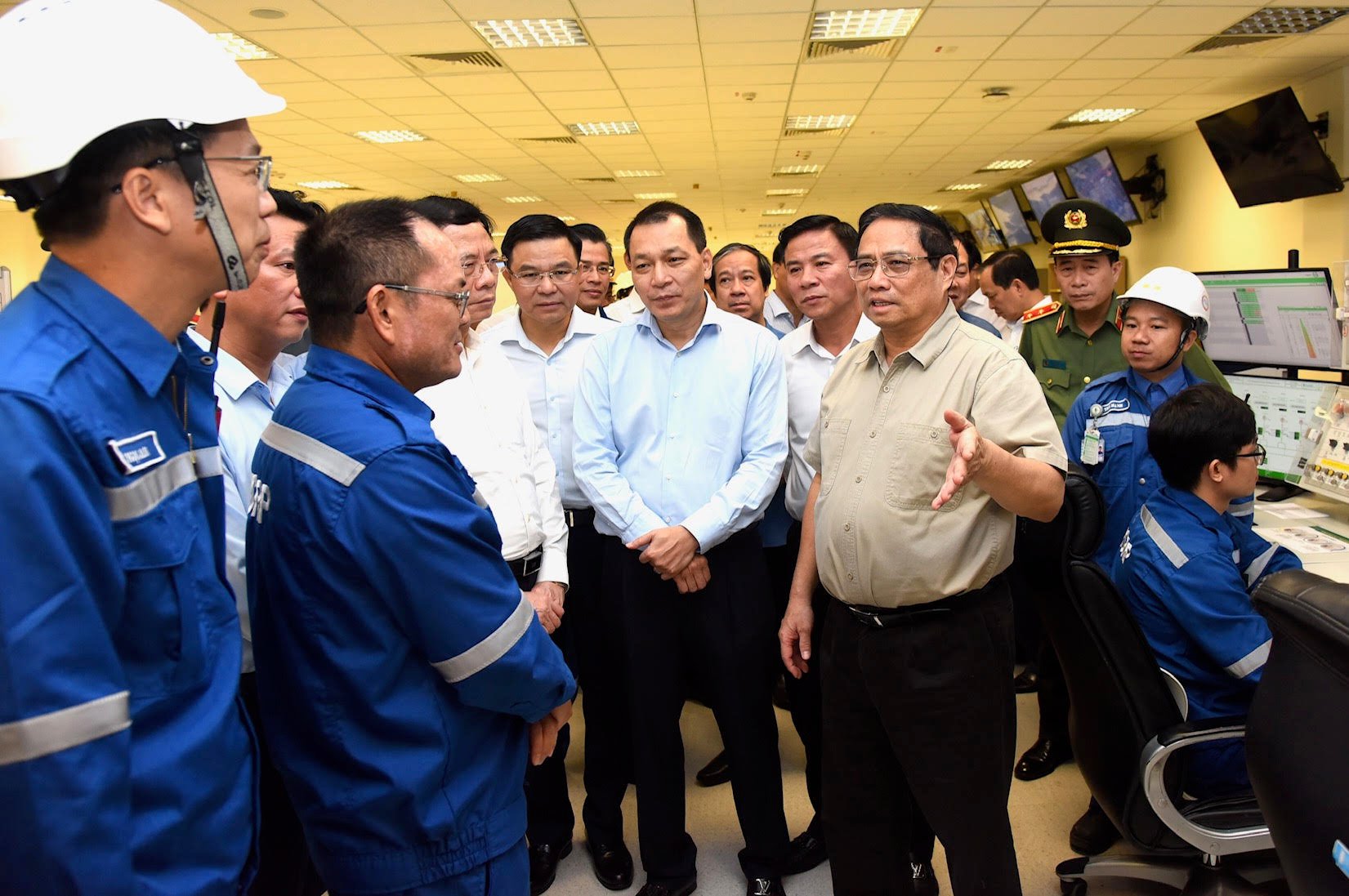






























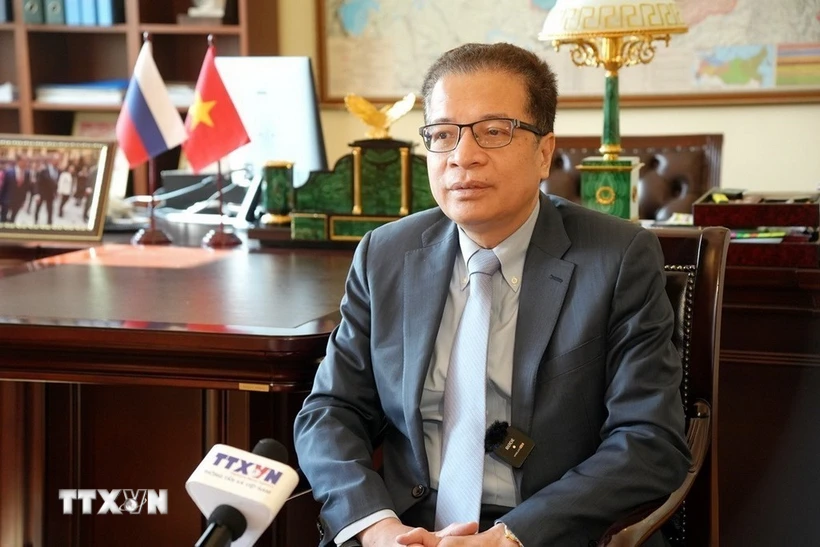
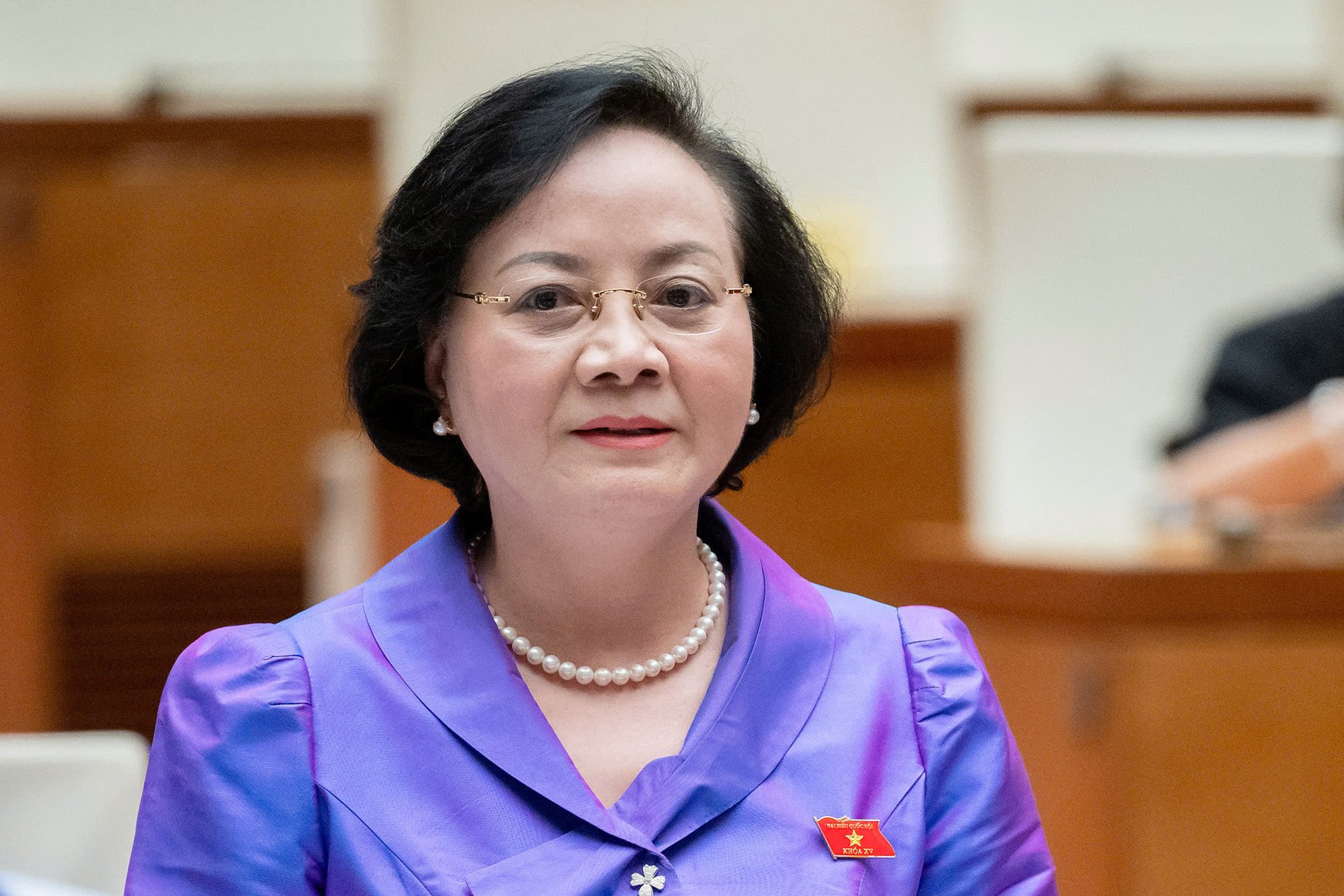

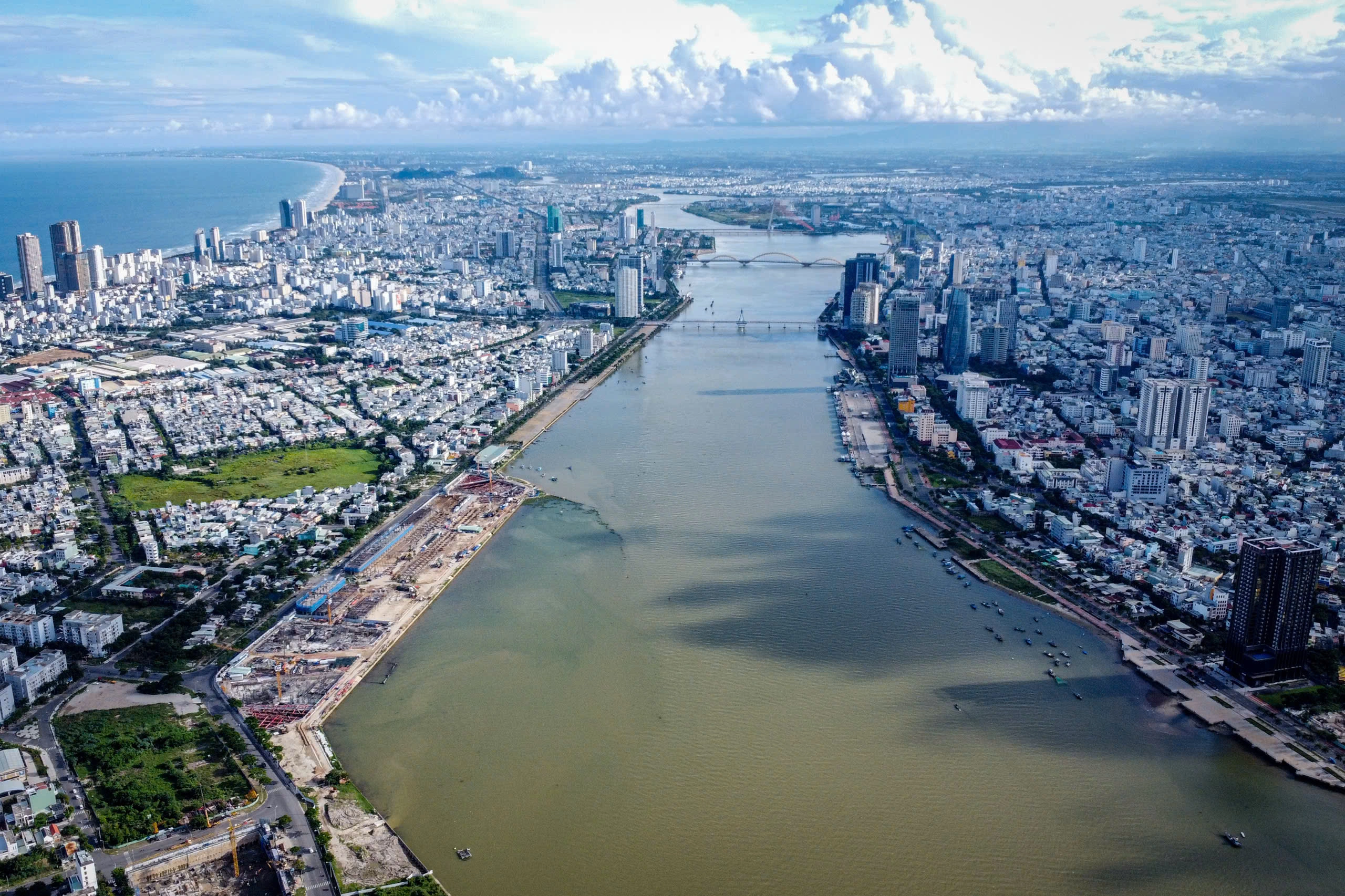

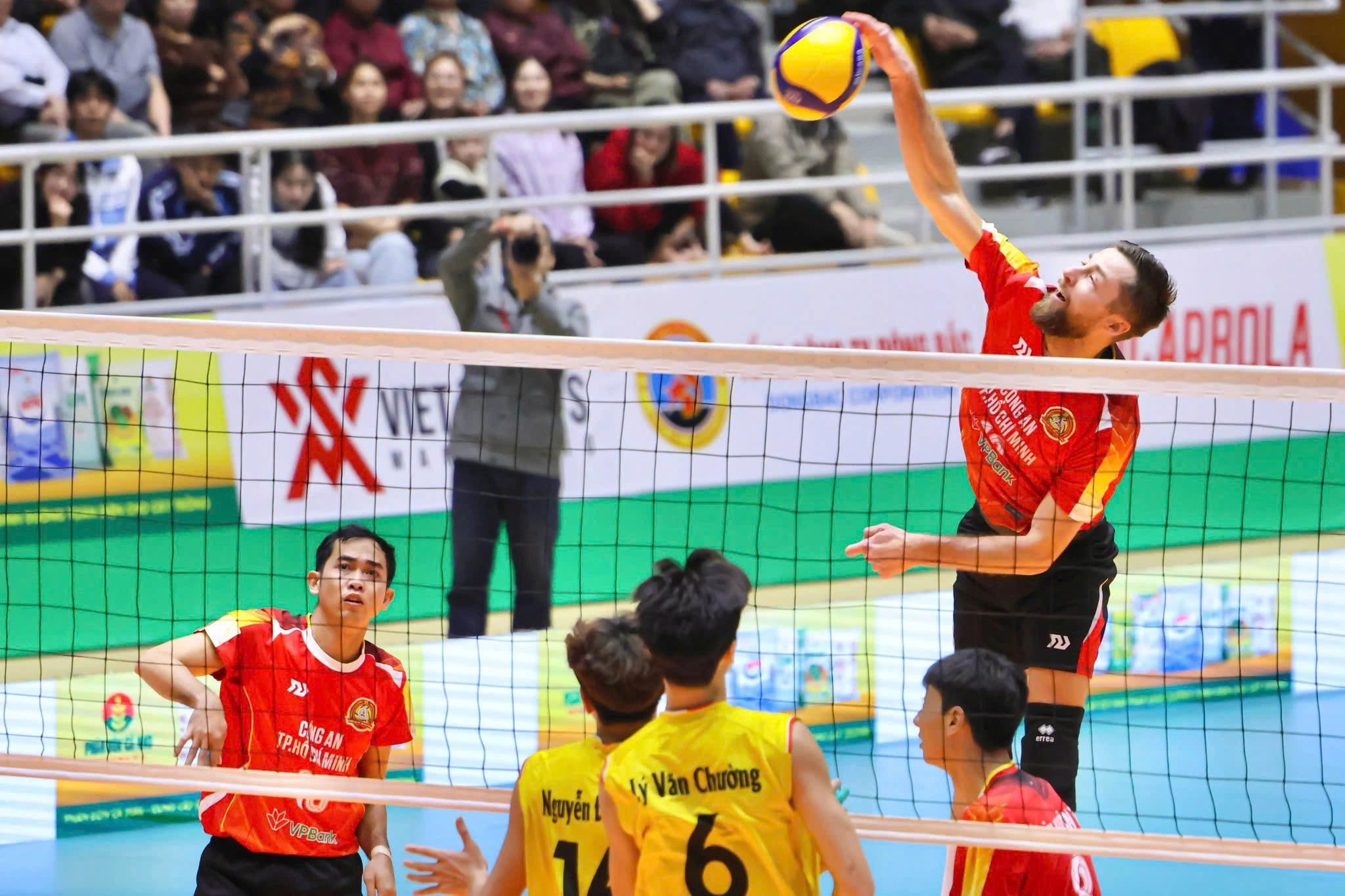


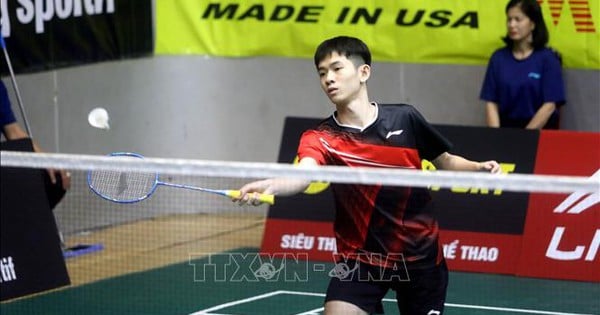


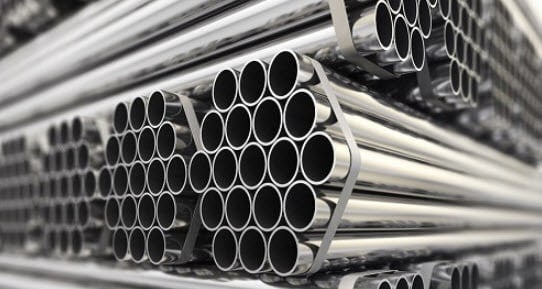


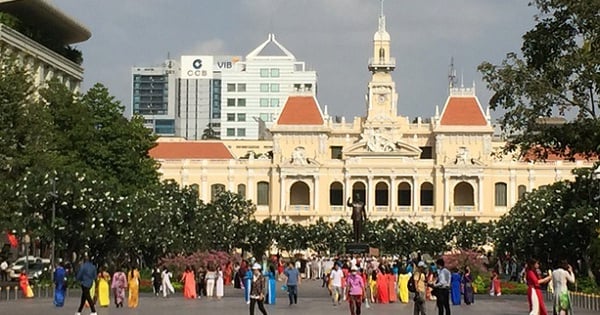
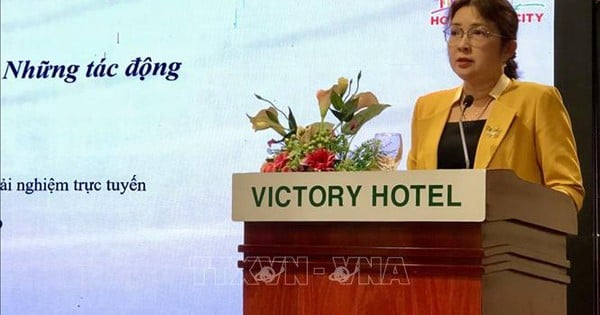
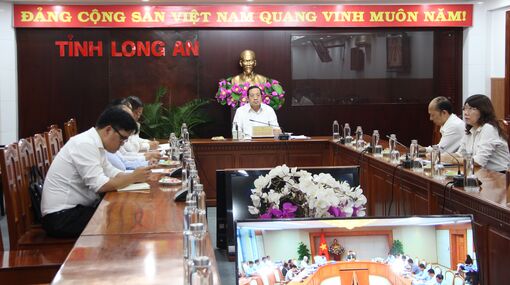

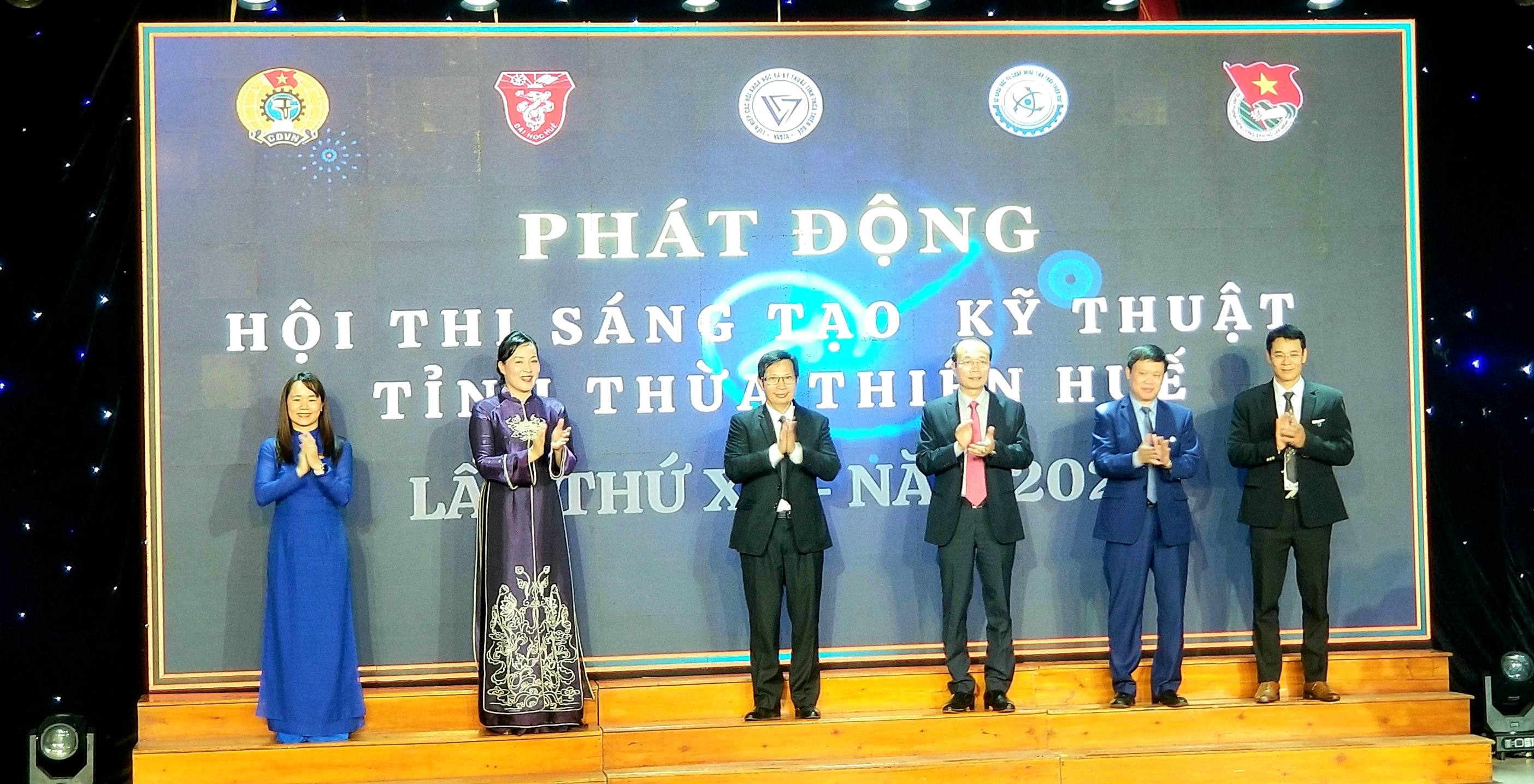

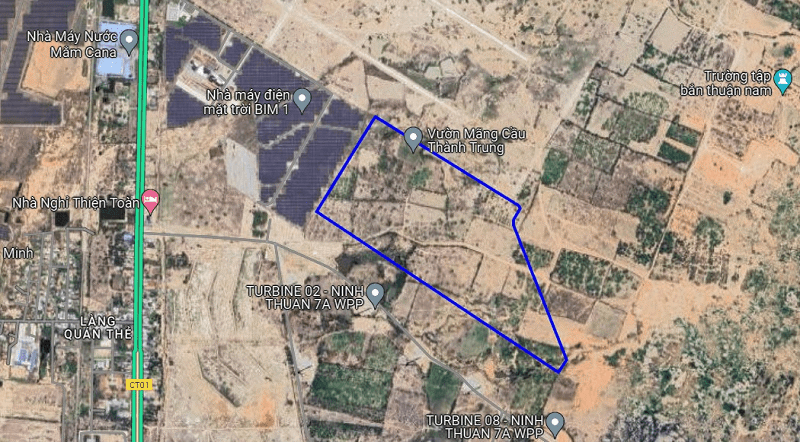

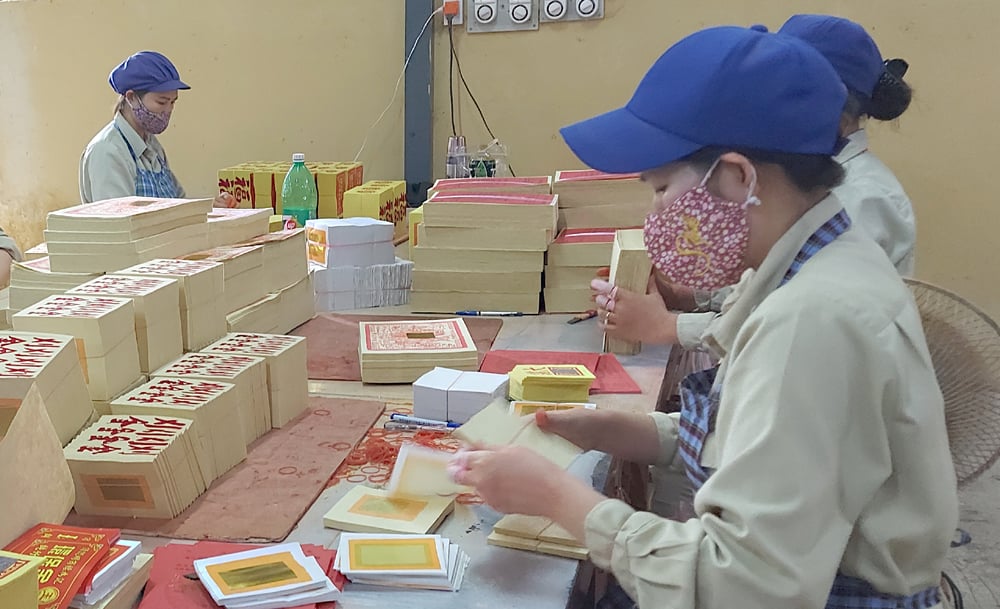
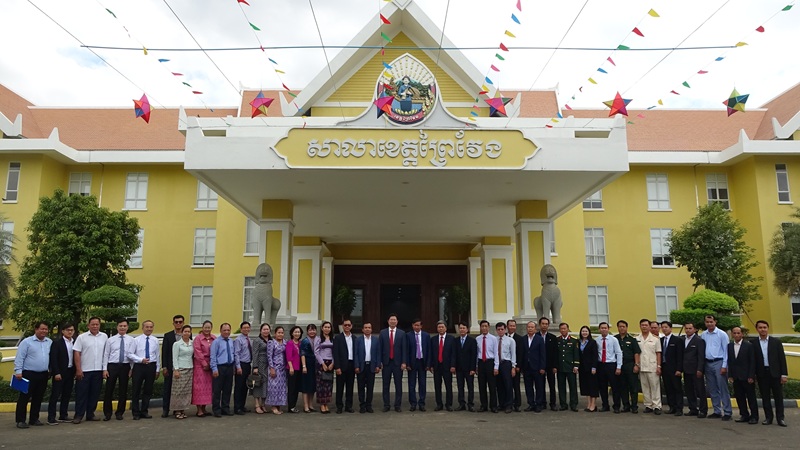












Comment (0)